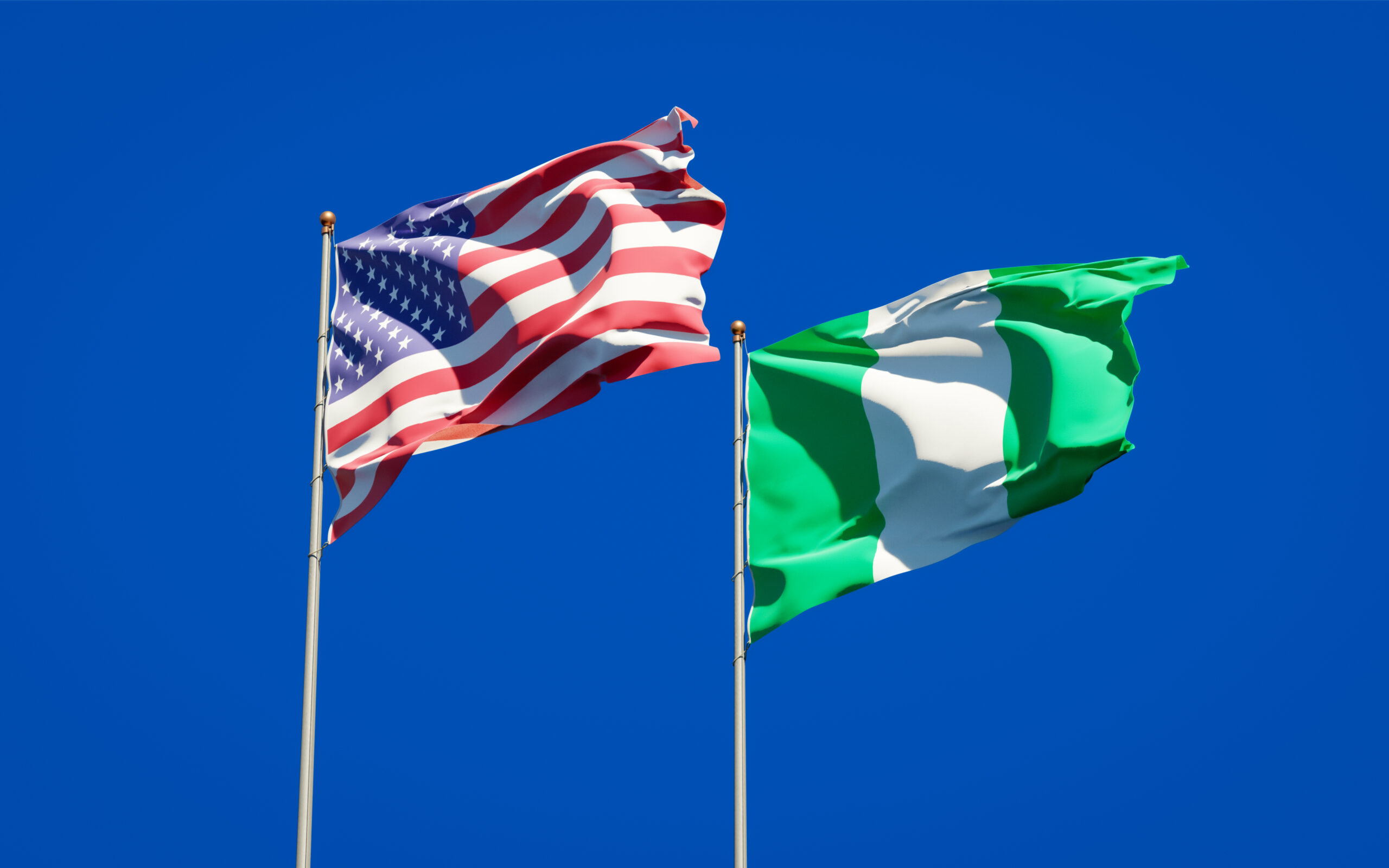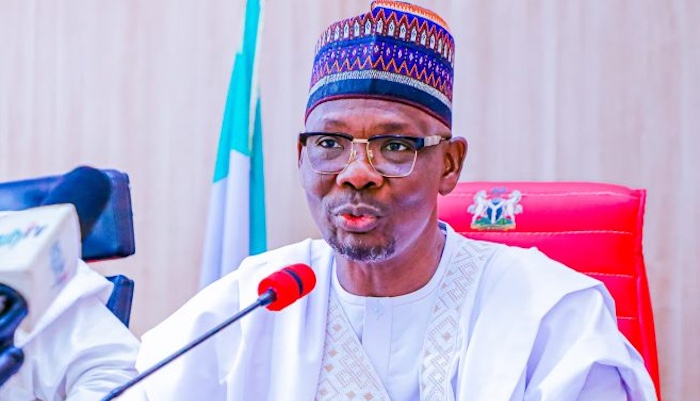
Beautiful national state flags of Nigeria and USA together at the sky background. 3D artwork concept.
The United States has raised concern over significant legal and practical constraints on workers’ rights in Nigeria, citing widespread anti-union discrimination and government intimidation.
This assessment was contained in the 2024 Country Report on Human Rights Practices in Nigeria, released on 12 August 2025 by the U.S. Department of State in Washington.
According to the report, Nigerian law imposes stringent conditions on forming trade unions. These include mandatory government approval before registration and a prohibition on creating a new union where one already exists in a sector. Additionally, a union must have at least 50 members to be formally recognised.
The State Department observed that government intervention in labour disputes is excessive, noting that all collective wage agreements must be submitted to the National Salaries, Income and Wages Commission, which determines whether such agreements become legally binding. The right to strike was described as “limited”, requiring a majority vote of all members and being prohibited in disputes linked to national economic policy. Sanctions for illegal strikes include possible imprisonment.
Workers in Export Processing Zones (EPZs) were reported to have even fewer protections. For the first 10 years of an EPZ’s operation, strikes are prohibited, and union organisers are denied unrestricted access to workers.
The report documented a pattern of violations by both government and employers, including denial of the right to join trade unions, mass dismissals of employees seeking union membership, repression of union activities, intimidation of union leaders, and arrests of members.
While collective bargaining occurs in the public sector, the practice is limited in key private industries such as banking and telecommunications. Penalties for anti-union discrimination were described as inadequate and rarely enforced, with many workers unwilling to report violations for fear of retaliation.
The report also cited the arrest of Nigeria Labour Congress (NLC) President Joe Ajaero in September 2024. Ajaero was interrogated on allegations of terrorism financing after leading protests — an incident condemned by the International Trade Union Confederation as an act of “harassment and intimidation.”
The State Department urged the Nigerian government to amend existing labour laws to bring them in line with international standards, ensure meaningful enforcement against anti-union discrimination, and halt the intimidation of labour leaders.












